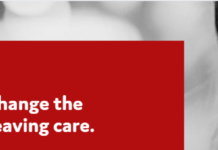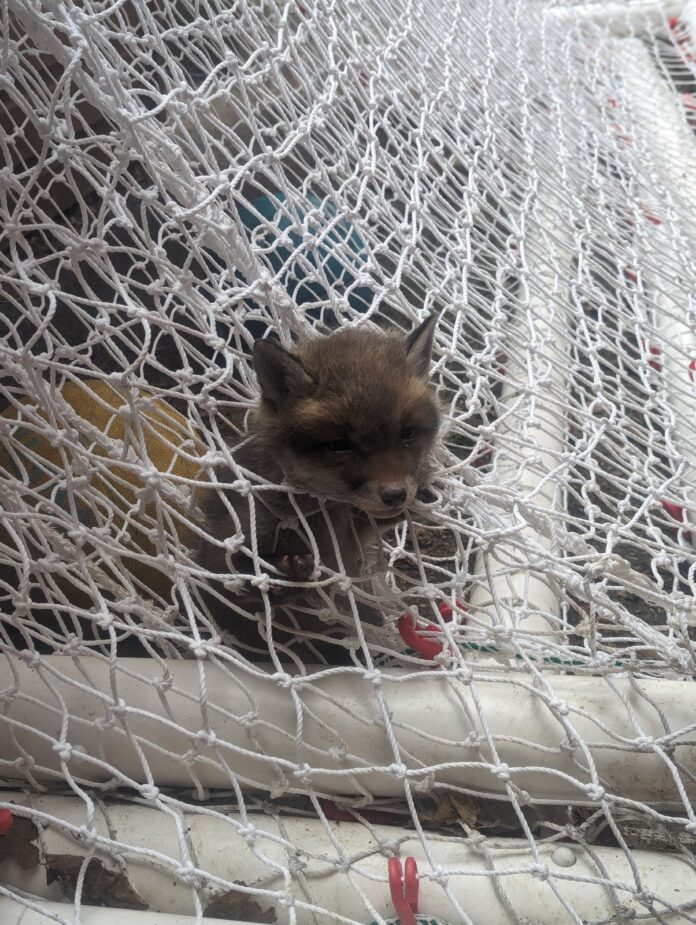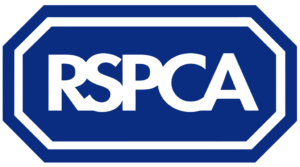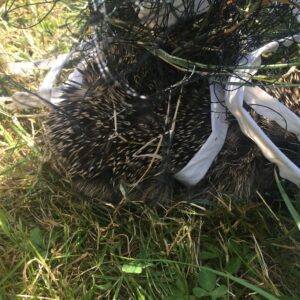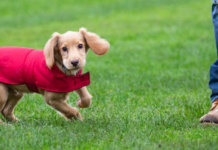RSPCA Cymru is calling on the public to help save animals’ lives by putting away their back garden football nets after use – with Euro 2024 expected to encourage more backyard football despite the disappointment of Wales missing out on qualification for Germany.
The reminder comes as new data from the charity reveals that of the 1,644 reports received in 2023 of animals getting entangled in all types of netting, almost half of them (773) happened in the peak months of May, June and July.
Across 2023, there were 89 reports of animals trapped in netting in Wales received by the RSPCA – 13 of these were in Swansea, 11 in Conwy and 10 in Cardiff.
Now, as footie fever soars with the Euros – despite Wales unfortunately not qualifying for the tournament – the animal charity fears even more animals could be trapped, injured or even killed by these innocent-looking items. So the charity is urging people to put away their garden football nets when not in use to help minimise the numbers of incidents.
Back in January a badger was nearly impossible to see (pictured above) as he had been covered in mud through his attempts to escape from netting. His whole body had become entangled in the netting near Monmouth Leisure Centre on Old Dixton Road.
RSPCA deputy chief inspector Emma Smith said: “This poor badger was completely camouflaged as he was caked in mud and was very lucky to be spotted. It is heartbreaking to think how long he may have been there struggling to get free – but we’re so relieved he was spotted.
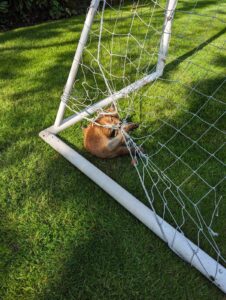
“He was very happy to be released and very quickly went back underneath some fencing towards some woodland.”
As the RSPCA gets ready to celebrate its 200th year of protecting animals, the charity has been left concerned by a flood of recent reports involving animals entangled in netting, coinciding with this summer’s peak football fever months.During last month alone (May 2024), the charity dealt with 53 incidents of netting-entangled foxes – mostly cubs – including at least one fox cub death. That’s an increase on the same period in 2023, when there were 52 incidents. But the RSPCA believes the football-loving public hold the key to fixing the problem – both in helping avoid instances happening in the first place, and knowing what they should do if they find a trapped animal.
From wild birds and mammals, to cats, dogs and even exotic pets, the RSPCA’s data reveals that nets present a real hazard for all kinds of animals.
Of the 296 wild mammals that were reported to have been caught up in netting last year, foxes were most likely to become entangled (188), followed by deer (75), then hedgehogs (22). Wild birds fared even worse, with 1,275 individual birds (from robins and swallows to gulls and pigeons) becoming entangled.
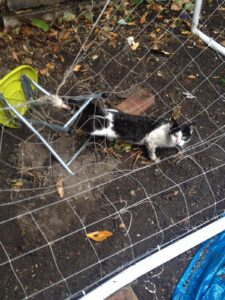
The charity even received reports of cats, dogs, parrots and exotic pet snakes affected by netting.
RSPCA Scientific Officer Rebecca Machin said: “While football fans across Wales will be gutted Wales aren’t there, we know so many people will still be getting excited about the start of Euro 2024 – and think it’s great that many will be inspired by the action, and want to get outside and have a kick around themselves.
“But unattended football and other netting can trap, mutilate and even kill wildlife and pets, so it’s really important to put nets safely away when they’re not being used after the game is done.
“The problem is so serious that during this May, we dealt with 53 incidents of netting-entangled foxes – mostly cubs – and that sadly included at least one fox cub death. That’s even higher than the numbers for the previous May (2023), when there were 52 incidents.
“But it’s not just foxes that are affected; other wild mammals like hedgehogs and deer, and even domestic pet mammals – including cats, can become potentially fatally entangled. But ahead of a difficult summer for many animals, people have the power to make a real difference.”
The charity’s advice to the public is that if a small animal – like a bird or hedgehog – is found caught up in netting, the fastest way to help it is to gently disentangle the animal themselves – where it’s safe and possible for them to do so.
Whenever people are able to help animals in need, it frees up RSPCA specialist officers to focus on animal cruelty and neglect.
Last week, a member of the public successfully untangled a hedgehog from a football net before taking it to the RSPCA East Winch wildlife centre in Norfolk for rehabilitation – and the charity hopes more people will take action for animals this summer.
But when it comes to bigger animals, the public is urged to call for expert help. When a pregnant roe deer became tangled in a back garden football net near Guildford, Surrey last month, an experienced RSPCA animal rescue officer attended. He was able to calm the animal and gently untangle her from the netting before releasing her unharmed back into the wild.
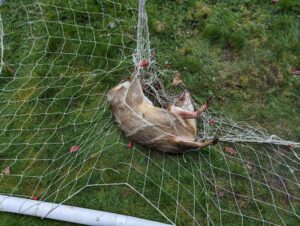 Rebecca continued: “Getting caught up in netting is very stressful for an animal, particularly one that’s wild. And if the animal gets seriously entangled, netting – whether it’s used for sports, fencing or the garden – can cause severe injuries or even death.
Rebecca continued: “Getting caught up in netting is very stressful for an animal, particularly one that’s wild. And if the animal gets seriously entangled, netting – whether it’s used for sports, fencing or the garden – can cause severe injuries or even death.
“As wild animals frequently get trapped during the night, they may have been struggling for many hours by the time they are found in the morning and often need veterinary attention and sedation to cut them free.
“We’re all looking forward to a summer of sport – including the Euros, Copa America and the Olympics – and many of us will be having our own kick abouts in the garden. But we urge people to be aware of the dangers of football and other netting.
“Keeping animals safe is really easy. We can all play our part in helping animals by making sure unused sports netting is tidied away safely after use. But if the worst does happen, and an animal does become trapped, then as long as it’s small and manageable, and if it’s safe to do so, we’d really encourage people to try to untangle it themselves. The animal should then be taken to a vet for a check-up. The more the public can help, the more resources that will free up for our teams to focus on the terrible cruelty and neglect cases that peak during the summer months.”
To help the RSPCA continue rescuing, rehabilitating and rehoming animals in desperate need of care please visit our website or call our donation line on 0300 123 8181.
Help keep news FREE for our readers
Supporting your local community newspaper/online news outlet is crucial now more than ever. If you believe in independent journalism, then consider making a valuable contribution by making a one-time or monthly donation. We operate in rural areas where providing unbiased news can be challenging. Read More About Supporting The West Wales Chronicle












